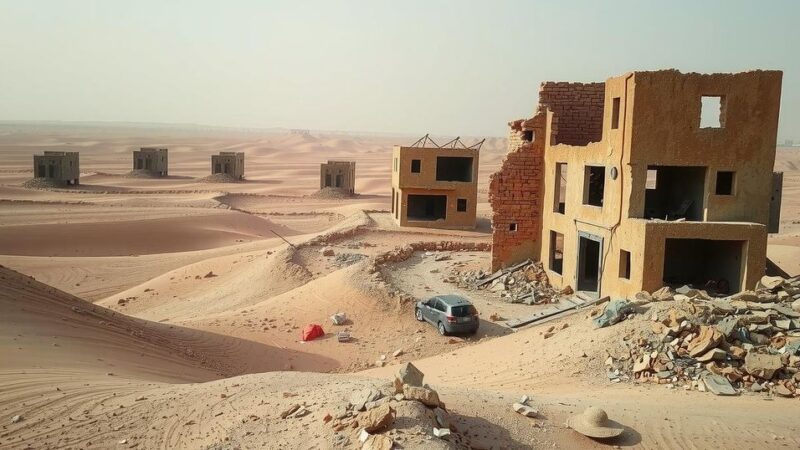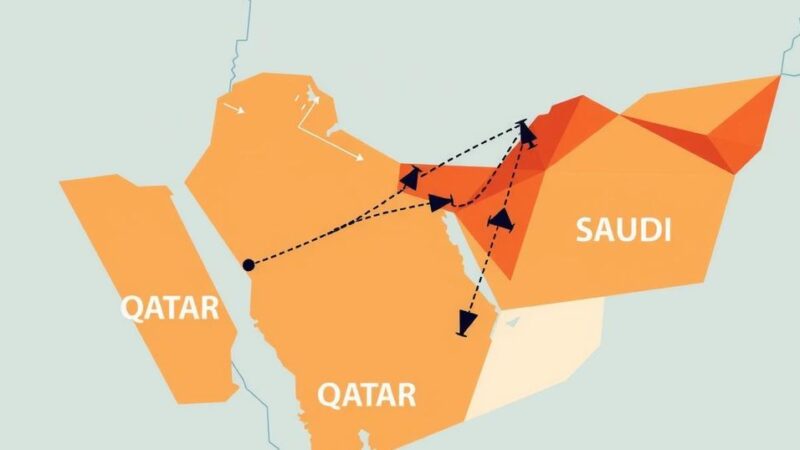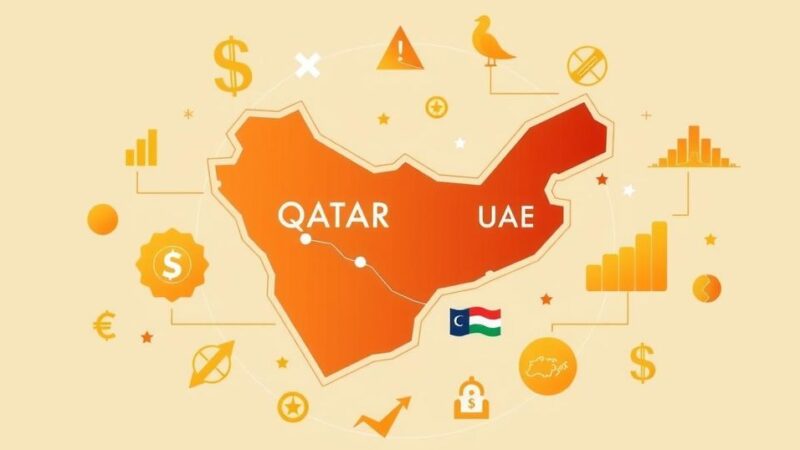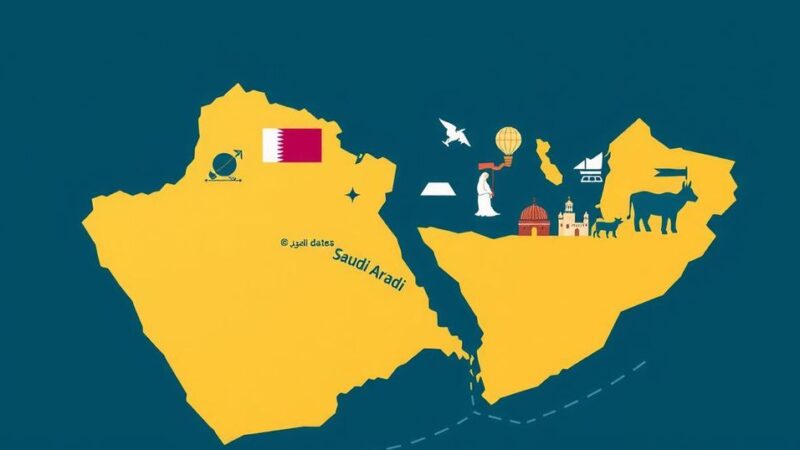DRC President Félix Tshisekedi and Rwandan President Paul Kagame met in Qatar to call for an immediate ceasefire in eastern DRC amid rising violence from M23 rebels. This meeting is significant as it is the first direct engagement between the two leaders since January, with approximately 7,000 casualties reported. Despite their commitment, uncertainties remain regarding the implementation of the ceasefire and the rebels’ participation in resolution efforts.
In a significant development, the President of the Democratic Republic of Congo (DRC), Félix Tshisekedi, and the Rwandan President, Paul Kagame, convened in Qatar to advocate for an immediate ceasefire in eastern DRC. This meeting represents the first direct engagement between the two leaders since the M23 rebels, allegedly backed by Rwanda, intensified their military operations in the region, which have resulted in approximately 7,000 fatalities since January.
Despite this notable call for a ceasefire, uncertainties remain regarding the M23 rebels’ response, particularly as they declined an invitation to peace talks hosted in Angola on the preceding Tuesday. The DRC has accused Rwanda of providing military support and armaments to the M23, allegations that Rwanda continues to refute, despite assertions from the United Nations and the United States regarding such support.
Rwanda has articulated that its military actions are conducted solely in self-defense against the DRC army and its allied militias. Additionally, the DRC government alleges that Rwanda is unlawfully exploiting the mineral resources in its eastern territories, a claim that Rwanda denies. Notably, previous peace negotiations brokered by Angola failed when Rwanda insisted on direct discussions between the DRC government and the M23 rebels.
Following this most recent meeting, a joint statement issued by Qatar’s foreign ministry highlighted the commitment of both presidents to establish an “immediate and unconditional” ceasefire. However, details regarding the implementation and observation of this ceasefire remain vague. The heads of state expressed the necessity to continue dialogues initiated in Doha to construct a sustainable peace framework.
Both leaders’ unyielding public stances on the conflict had lead to anticipation regarding the meeting. Confirming the discussions, the Rwandan presidency emphasized the importance of direct dialogue between the DRC and M23 as crucial for addressing the conflict’s underlying causes. President Kagame conveyed optimism, asserting that with collaborative efforts from all involved parties, progress could occur at an accelerated pace.
Congolese presidential spokesperson Tina Salama stated that Qatar’s Emir, Sheikh Tamim bin Hamad Al Thani, initiated these talks, designating Qatar as a strategic ally for both nations. The Congolese government, in its official statement, indicated that this meeting could serve as the foundation for ongoing negotiations aimed at achieving lasting peace in the troubled eastern region. The two leaders’ encounter follows a failed attempt to unite the DRC government with the M23 rebels for peace negotiations, after the latter withdrew in response to European Union sanctions against their leadership.
The recent discussions between President Tshisekedi and President Kagame mark a pivotal moment in the quest for a ceasefire in eastern DRC. Despite the long-standing tensions and accusations between the nations, there appears to be a potential for dialogue and peace. The commitment to an immediate ceasefire, supported by Qatar, signifies a hopeful step toward resolving this protracted conflict, yet the path forward will require constructive engagement from all parties involved.
Original Source: www.namibian.com.na






